Estate Planning requires the drafting of concise documents that clearly state the intent of the client concerning the disposition of his assets. Courts, in probate litigation, are often required to answer that question: “What was the intent of the grantor of the deed, the testator of the Will; or the Grantor of a Trust in creating these various legal documents?”
On March 14, 2022, The United States Court of Appeals for the Sixth Circuit had to address the issue of what was the intent of a Grantor in a Deed signed in 1913. “More than a century ago, Martha Duncan created Duncan Park in Grand Haven, Michigan in 1913 through a Trust Deed in a city ordinance. The Trust Deed contained nine sections outlining the obligations for Grand Haven, including the creation of the Duncan Park Commission.
In 2009, an eleven-year-old boy died after a sledding accident in the park. Following the litigation by the child’s estate, each of the Duncan Park commissioned trustees resigned in 2013 and Grand Haven passed a new ordinance reforming the commission’s structure. In 2015, the probate court granted Grand Haven’s petition to reform the Duncan Park Trust and appoint the city as sole Trustee.
Duncan’s decedents filed a complaint in the Western District of Michigan in 2019, alleging that Grand Haven’s adoption of the 2013 ordinance and reformation of the Duncan Park Commission triggered the Trust Deed to revert provisions. The Court determined that Duncan’s clear intent was for Duncan Park to continue in perpetuity and allowed the 40 acers of land to continue to be owned and operated as a public park.
The City of Grand Haven won the case because it was able to show on the Trust Deed what the Grantor’s intent was. A Grantor is simply someone who transfers property through a Deed, a Trust, or other legal document.
Modern day estate planning continues that philosophy. Deeds can have specific wording regarding the transfer of the asset. The wording can in some instances, especially like the Duncan Deed, contain many multiple pages of conditions which show the overall intent of the Grantor.
Nowadays, many people use a Ladybird Deed as part of their estate planning. The Ladybird Deed is a Deed that allows the Grantor to retain a life estate in their residence, cottage, or other land while also retaining the ability to sell, mortgage, lease, or otherwise convey the property and retain the proceeds of the sale or conveyance. If no transfer was made during the Grantor’s lifetime, then upon their death, the real property is conveyed to the Grantee. Normally, the Grantee is a family trust which transfers or sells the real property for the benefit of the Grantor’s heirs.
The Ladybird Deed can also be given directly to individuals rather than directly to a trust. This is particularly helpful when a Grantor’s main asset is their real property and they do not feel the need to create a trust. This document preserves the asset for their heirs to pass outside of probate administration. At present, the Ladybird Deed has the advantage of avoiding any claims under the Michigan Estate Recovery Act, should the grantor have received Medicaid benefits during his or her lifetime. Medicaid can only recover against a decedent’s probate estate. Because the real property is not passed to the decedent’s probate estate, Medicaid cannot claim an interest in the property or in any sale proceeds.
If you have any questions concerning the Ladybird Deed, be sure to contact our office for an appointment to help you protect one of your largest assets.



